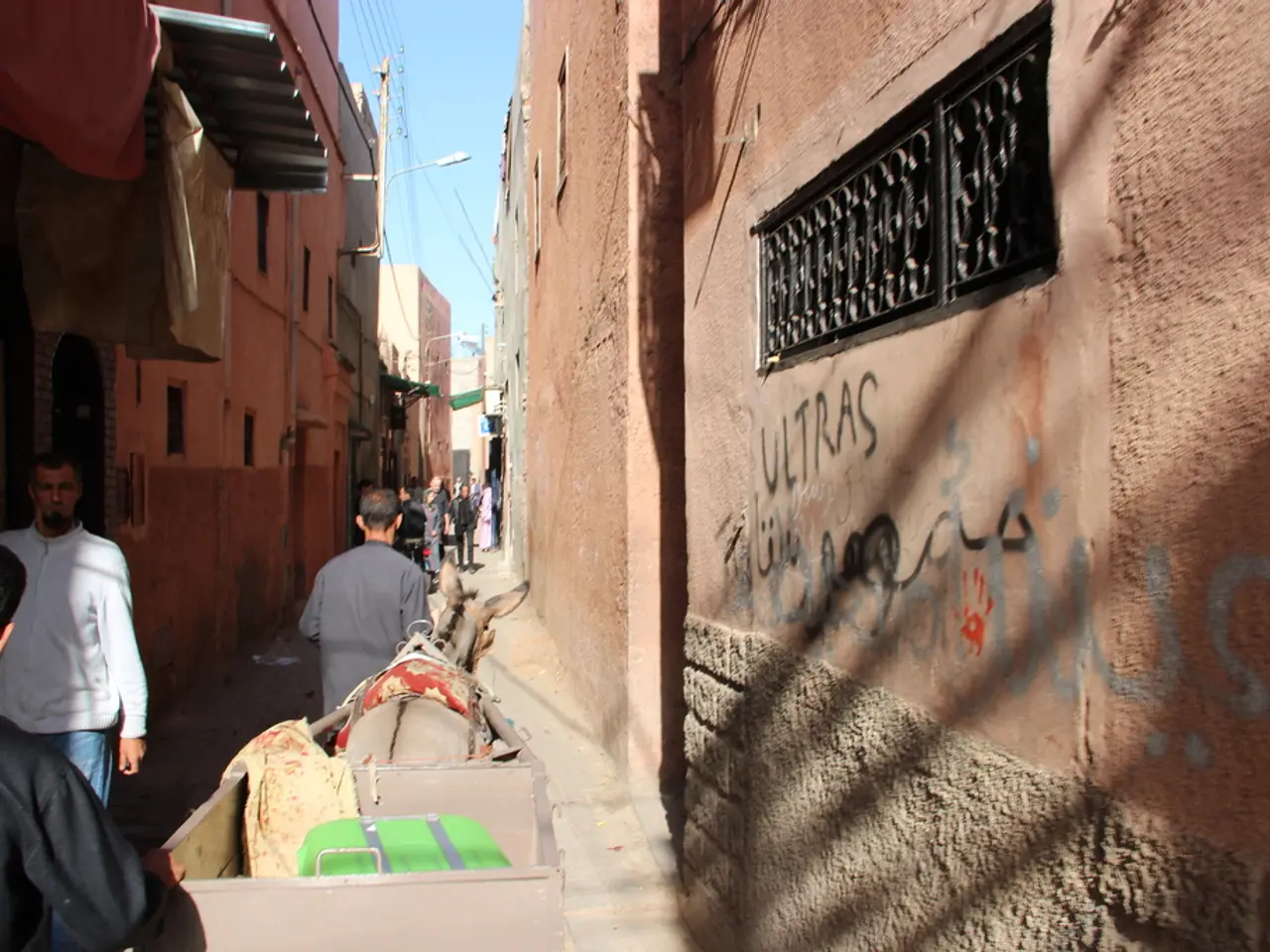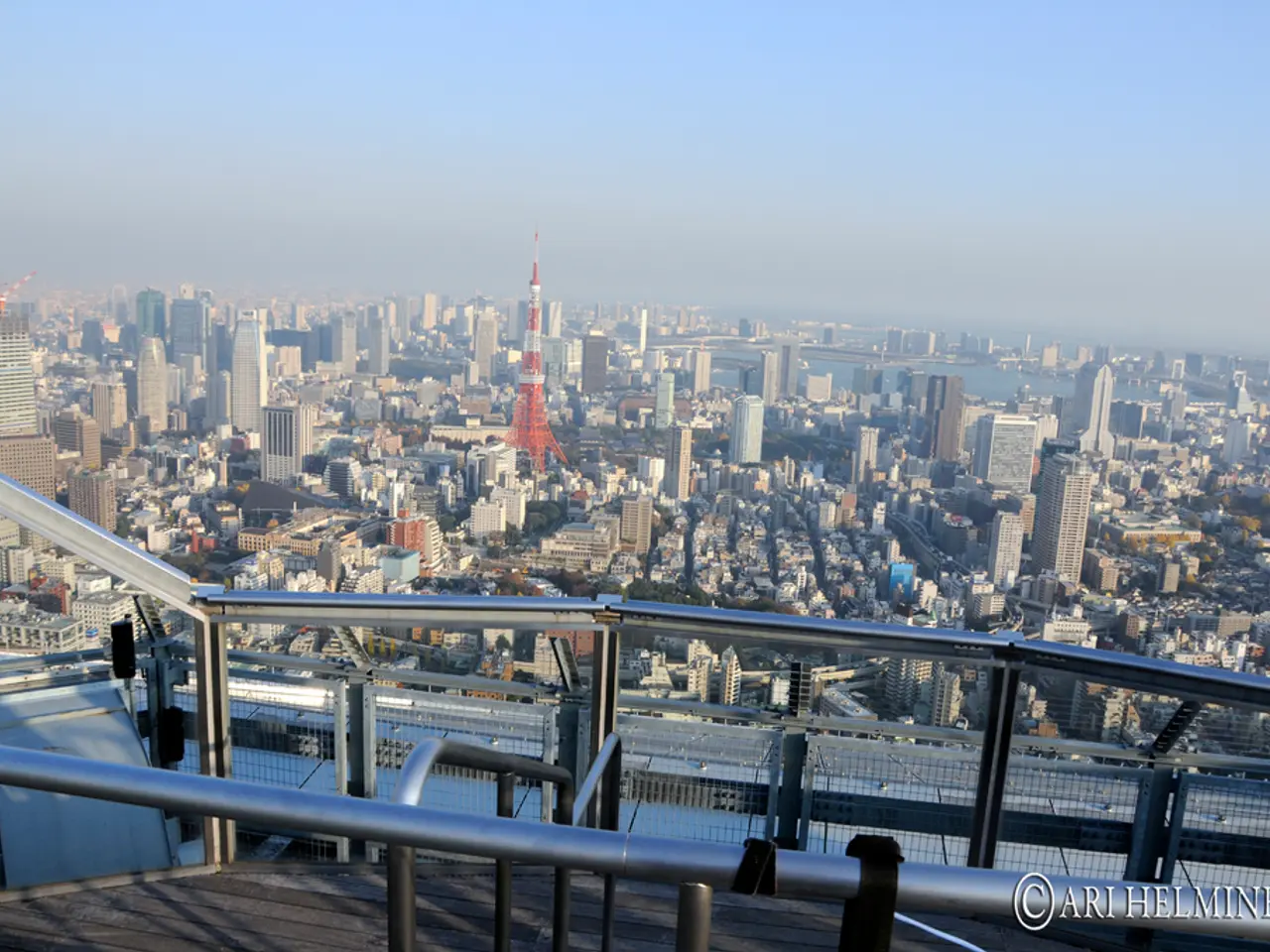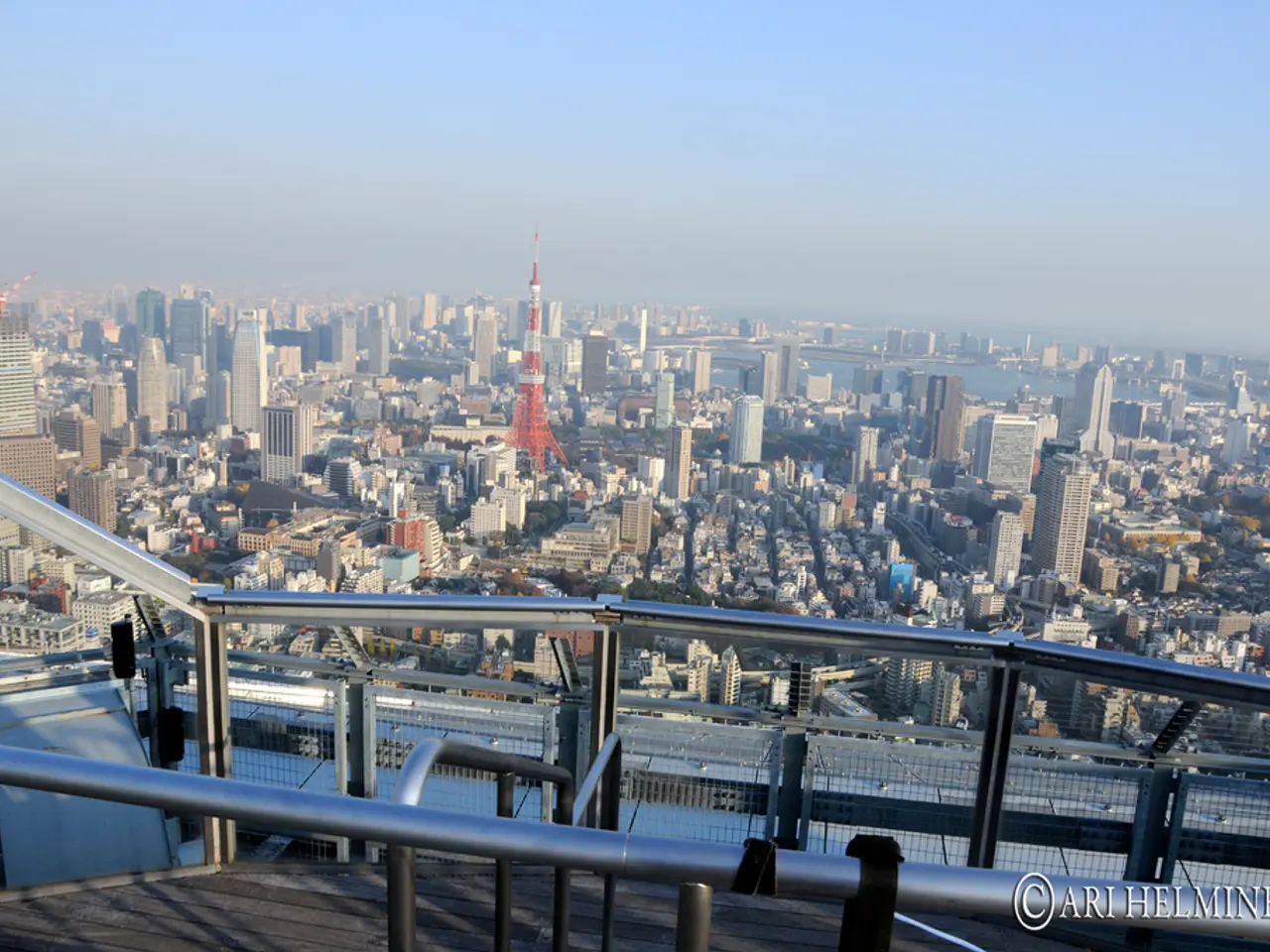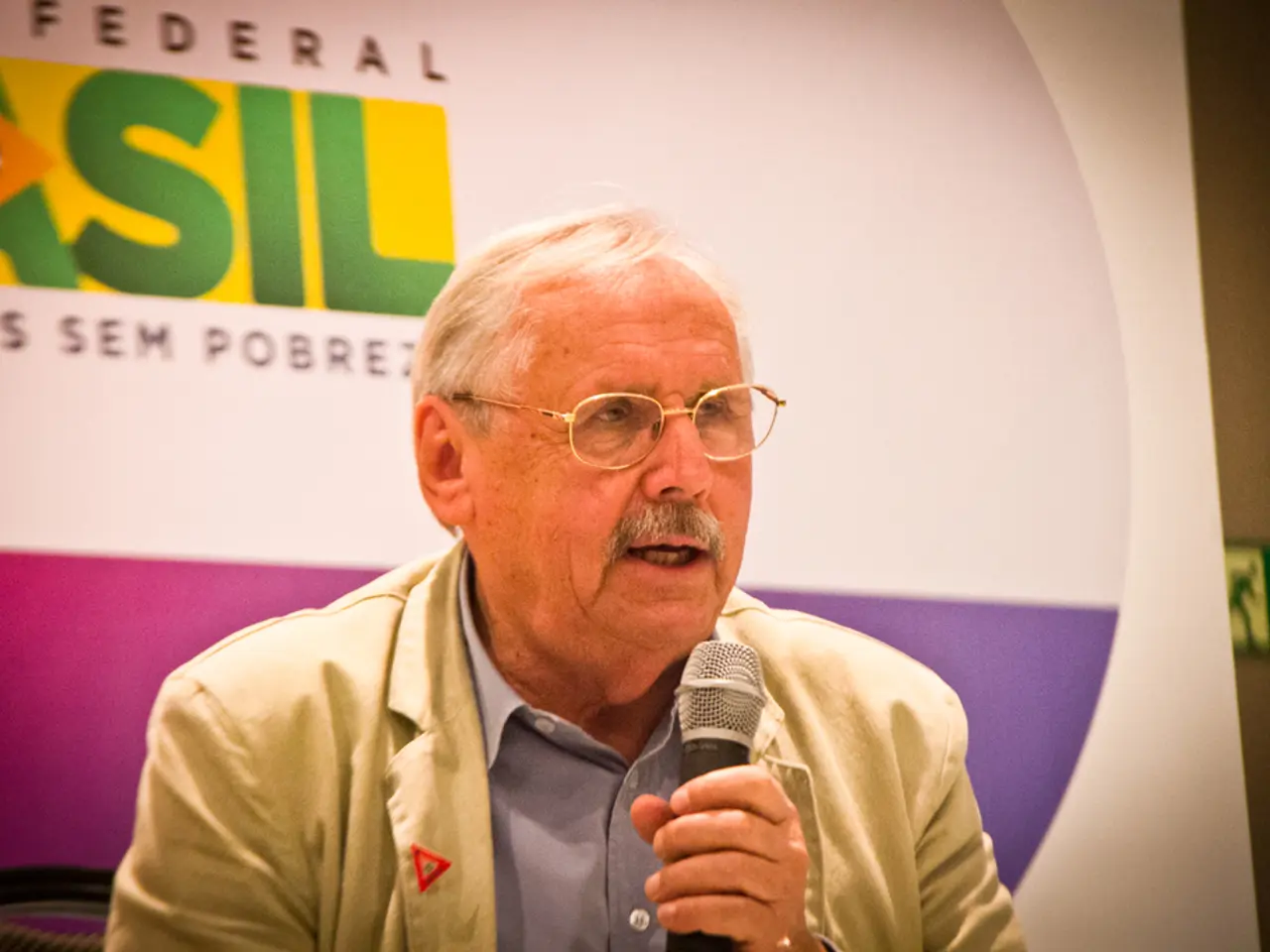Hun Sen affirms to a Japanese parliamentarian that a third party is unwarranted, asserting faith in the International Court of Justice to resolve the border dispute.
**Cambodia and Thailand's Border Dispute: A Complex Situation**
Cambodia has called for a peaceful resolution to the ongoing border dispute with Thailand, appealing to the International Court of Justice (ICJ) for intervention. In June 2025, Prime Minister Hun Manet officially requested the ICJ to settle the dispute, emphasising the desire for a peaceful resolution based on international law[1][3].
The decision to approach the ICJ stems from the perceived limitations of regional bodies like ASEAN in enforcing resolutions in complex territorial disputes. The ICJ, with its rule-based, binding legal framework, offers clarity, neutrality, and legitimacy[3]. Cambodia has a history of successfully appealing to the ICJ in dispute contexts.
However, Thailand has rejected the ICJ's jurisdiction in this matter and is reluctant to accept any adverse ruling, making a purely legal solution unlikely without political negotiation between the two nations[2]. The current tensions between the two countries escalated when Thailand unilaterally closed the border[4].
In a bid to support a peaceful resolution, Cambodia's Senate President Hun Sen met with Nagashima Akihisa, special advisor to the Japanese Prime Minister, on July 1 at the Senate Palace[5]. Hun Sen affirmed that Japan could encourage Thailand to resolve the issue peacefully and by international law, specifically through the ICJ[6].
Meanwhile, the Tourism Authority of Thailand (TAT) announced that Tomorrowland, a popular electronic music festival, will be held in Chonburi, Thailand in 2026 with a billion-baht investment[7]. The festival's choice of Thailand as a venue may signal a thawing of relations between the two countries, but the border dispute remains unresolved.
In summary, Cambodia is encouraging Japan and the international community to support the peaceful resolution of the dispute through the ICJ, while the on-the-ground reality includes ongoing tensions and political complexities[1][2][3][4][5][6][7].
| Aspect | Cambodia's Position | Thailand's Position | |----------------------------|----------------------------------|--------------------------------------| | Dispute resolution method | Peaceful resolution through ICJ | Rejects ICJ jurisdiction | | Regional body involvement | ASEAN seen as ineffective | Prefers bilateral negotiation | | Current tensions | High, recent military clashes | High, rejects court ruling | | International support | Seeks Japan's and international community's support for peaceful resolution | - | | Tourism | Tomorrowland festival to be held in Thailand | - |
[1] Cambodia seeks ICJ intervention in border dispute with Thailand [2] Thailand rejects ICJ jurisdiction in border dispute with Cambodia [3] Cambodia's decision to approach ICJ in border dispute [4] Thailand unilaterally closes border, escalating tensions [5] Senate President Hun Sen meets with Japanese advisor [6] Japan could encourage Thailand to resolve border dispute peacefully [7] Tomorrowland festival to be held in Thailand with billion-baht investment
- The business sector, such as the organizers of Tomorrowland electronic music festival, may view the ongoing border dispute between Cambodia and Thailand as a risk that could impact tourism investments in the region.
- The international politics surrounding the border dispute between Cambodia and Thailand not only has implications for general-news headlines but also potentially impacts tourism and economic relations with other countries.
- As both countries rely on tourism as a significant part of their economy, any adverse ruling in the border dispute between Cambodia and Thailand may have international implications for the tourism industry in the region.








